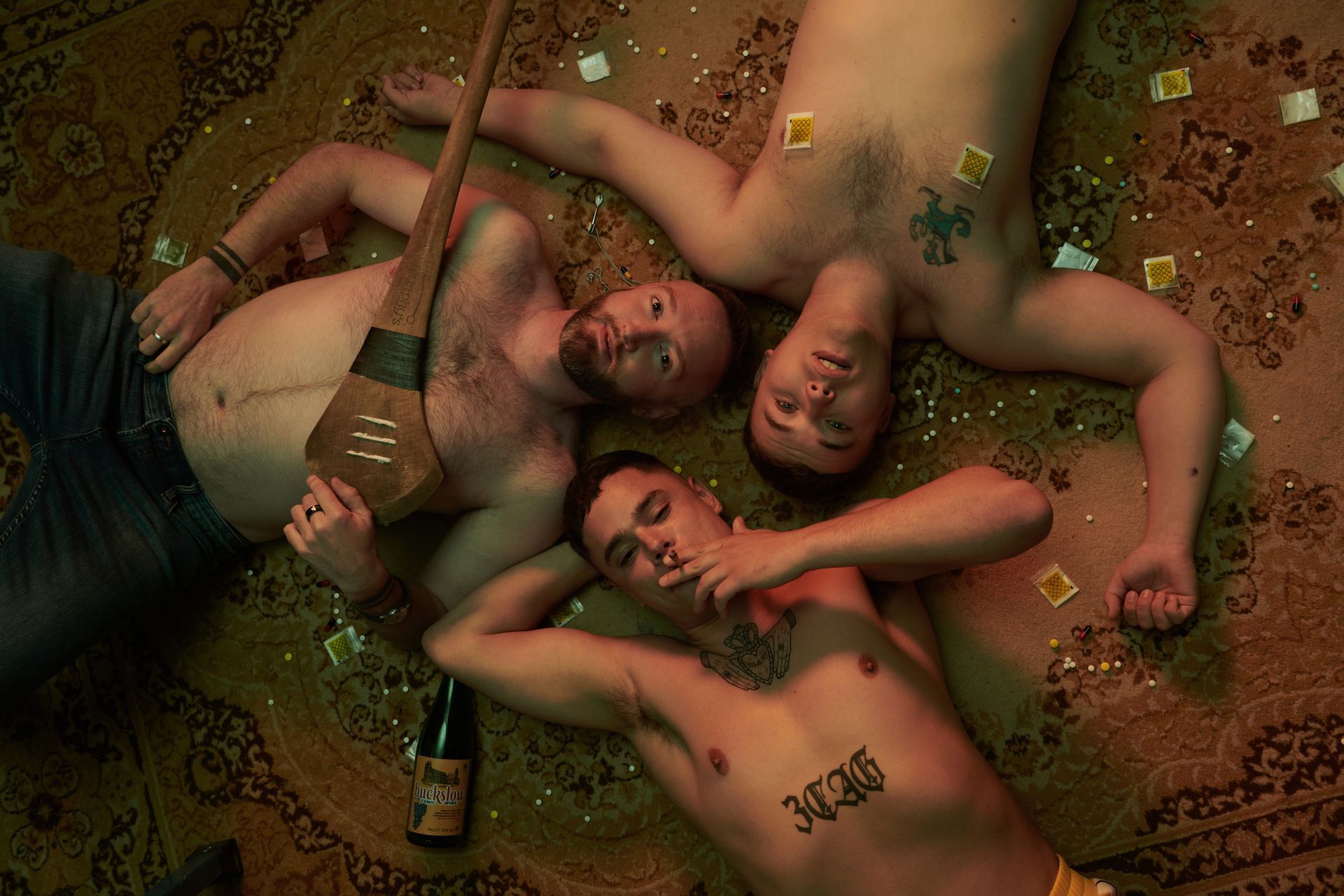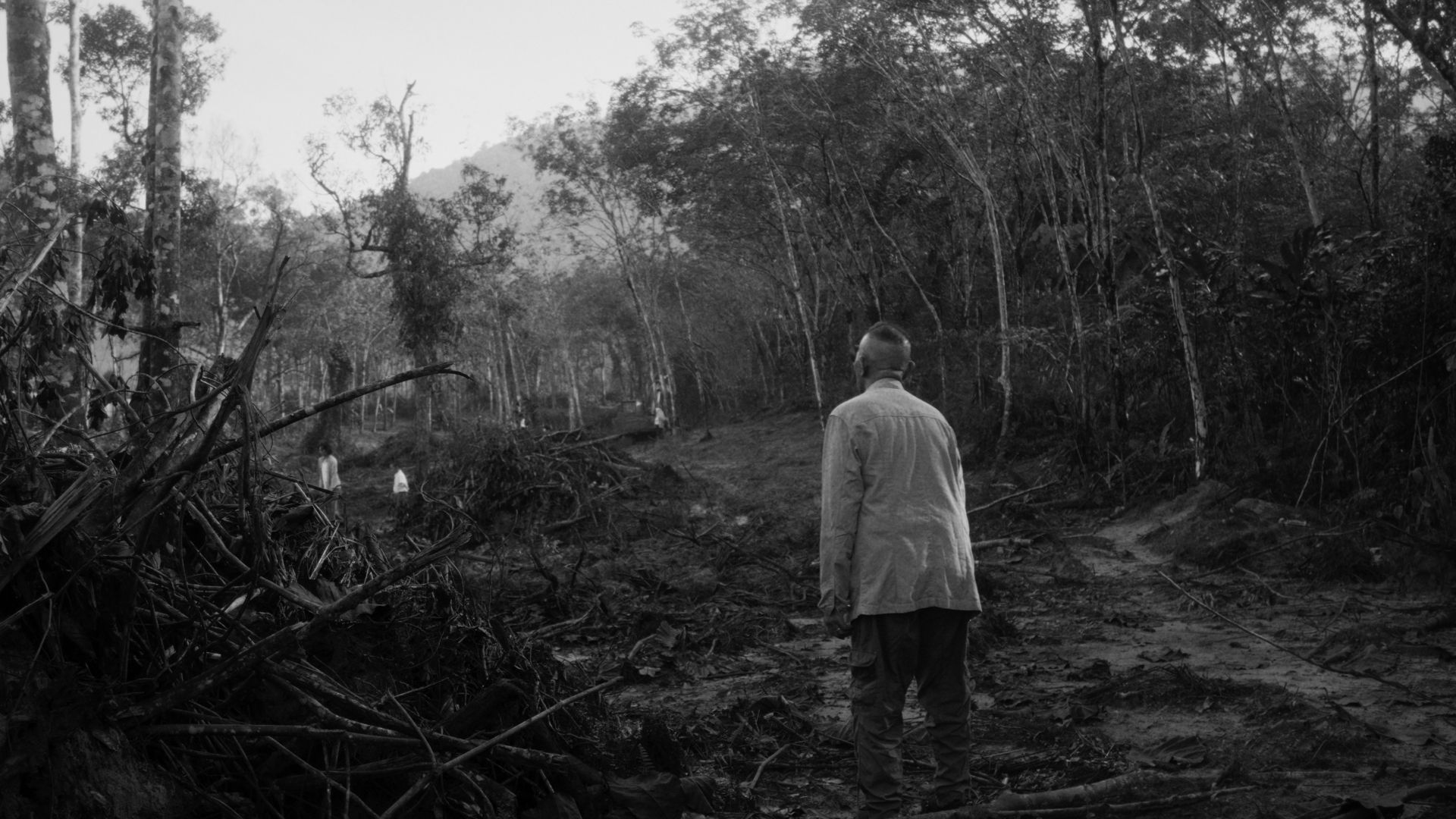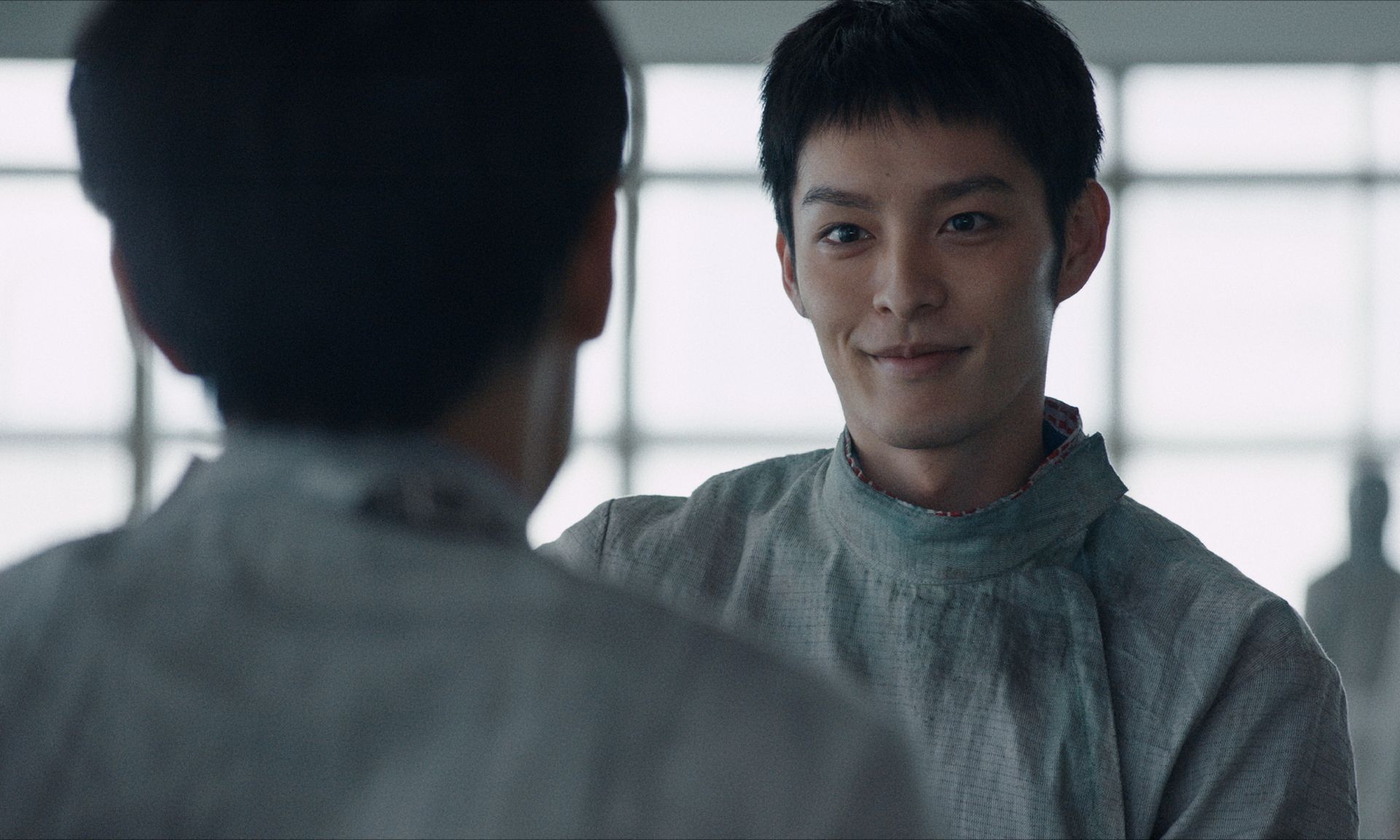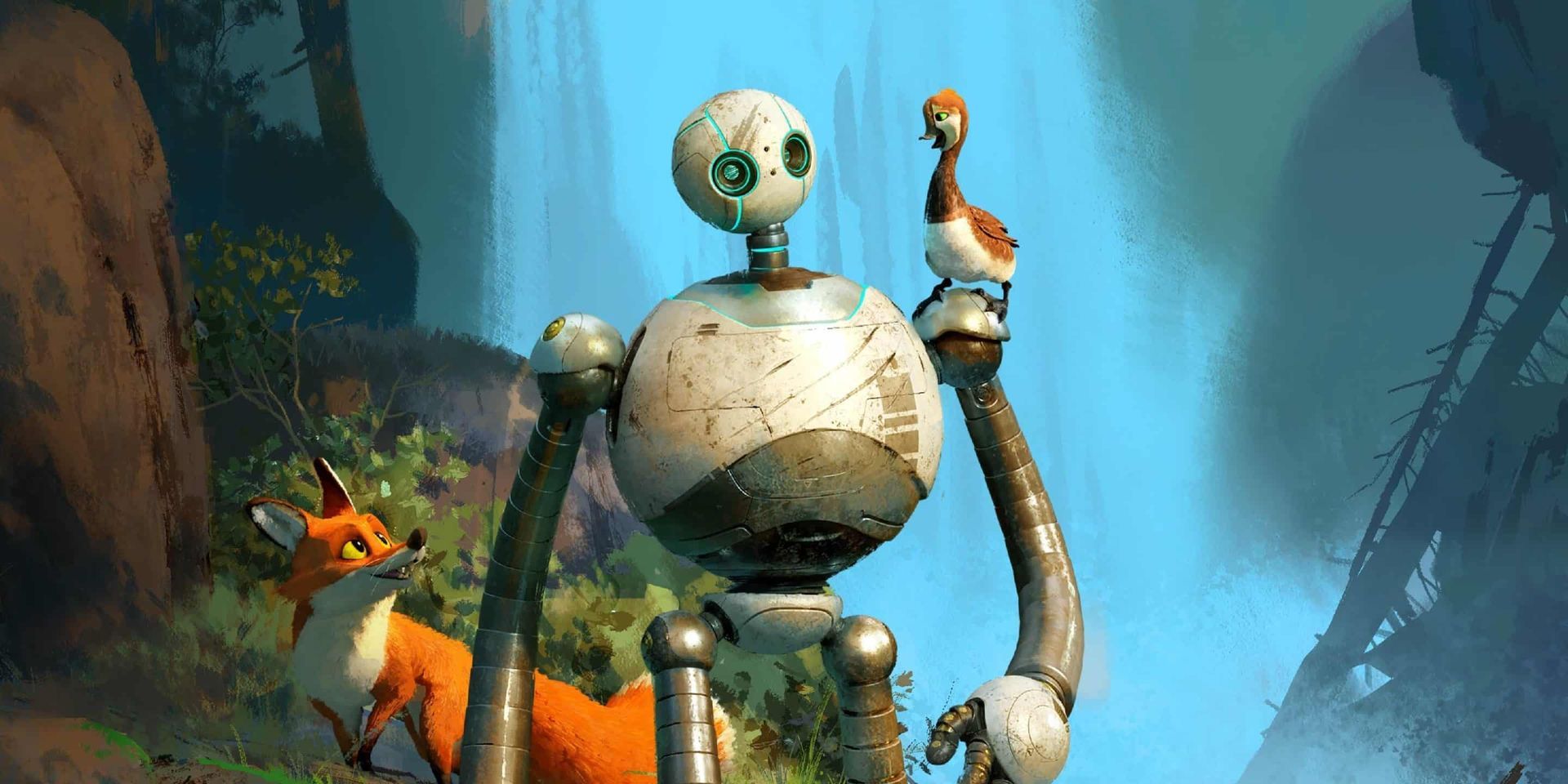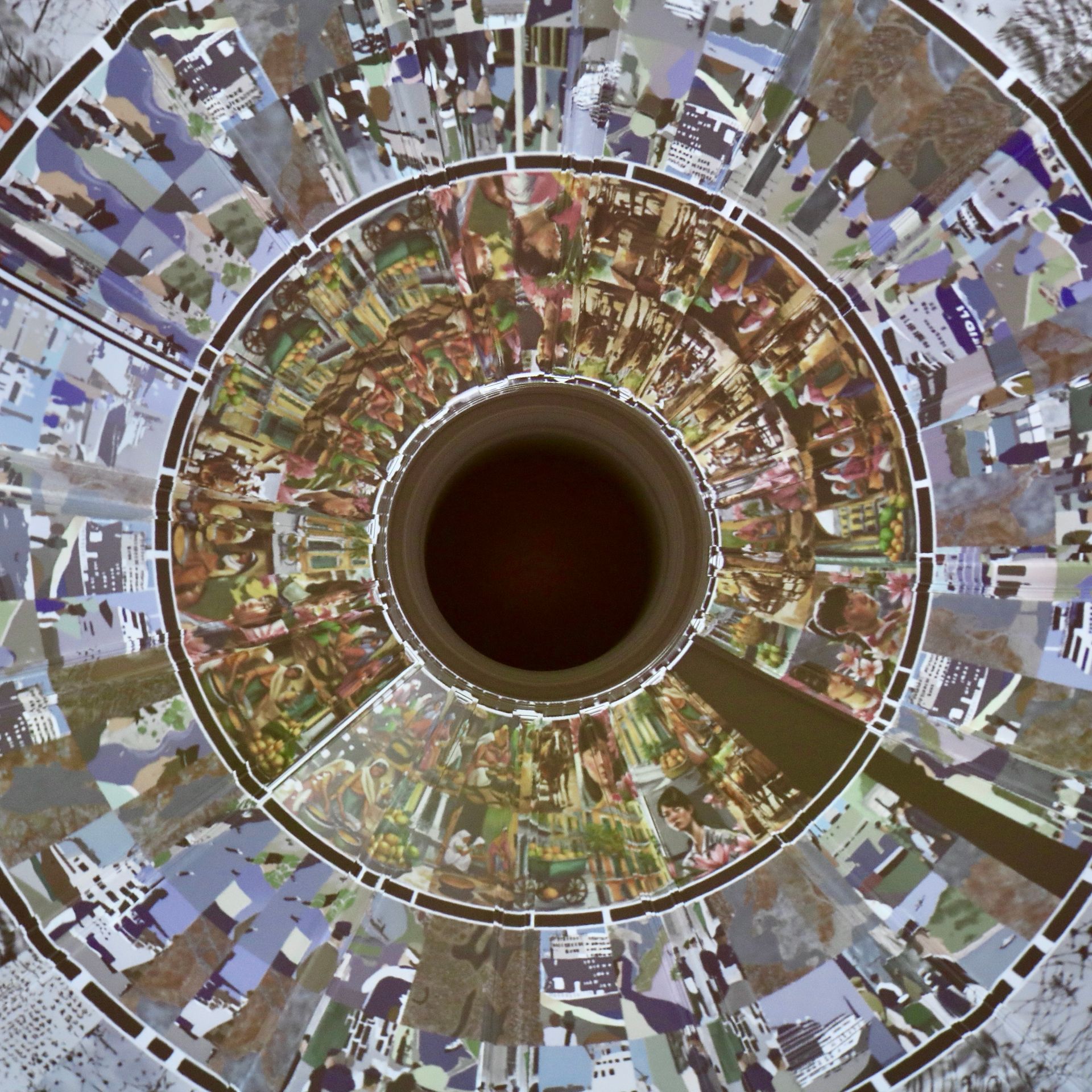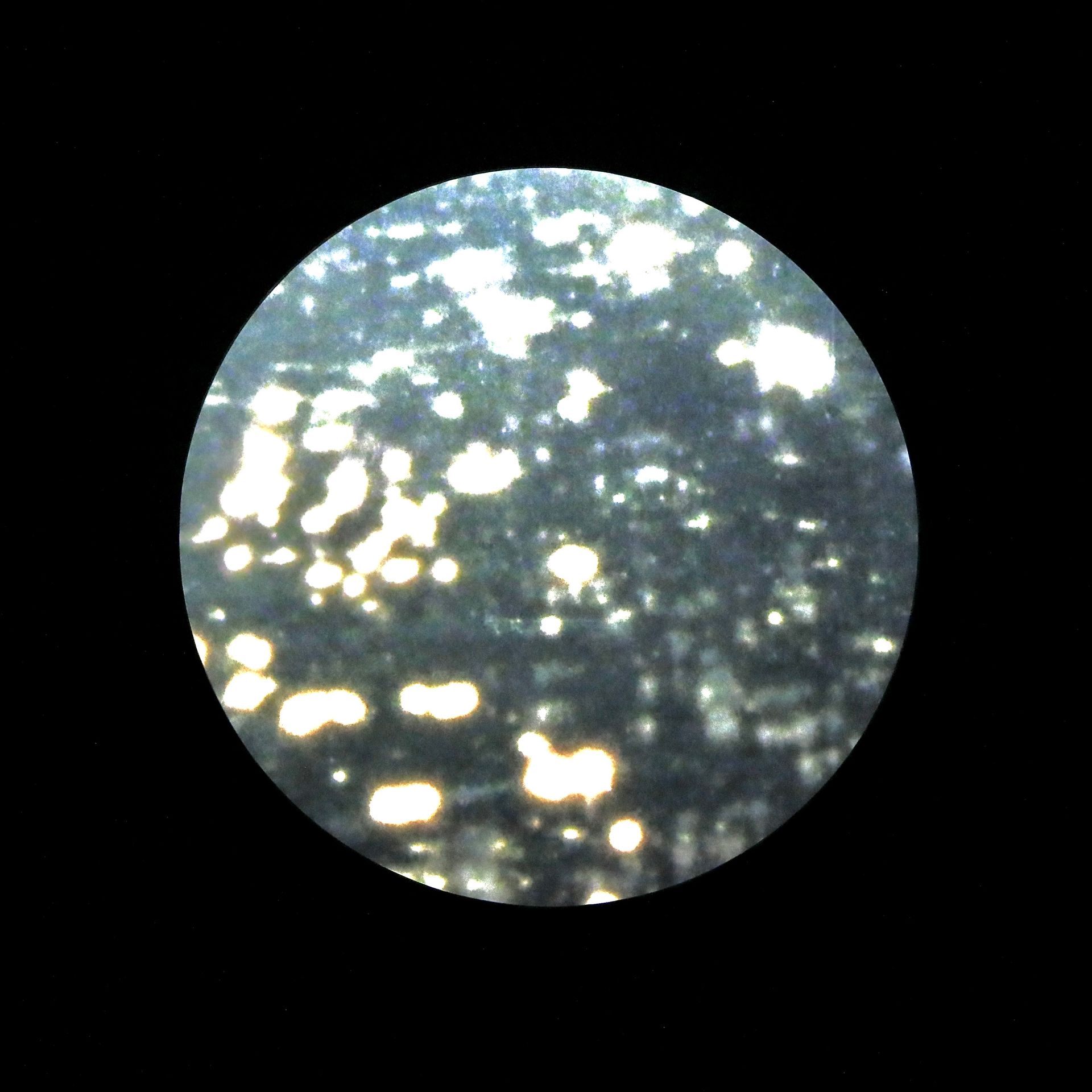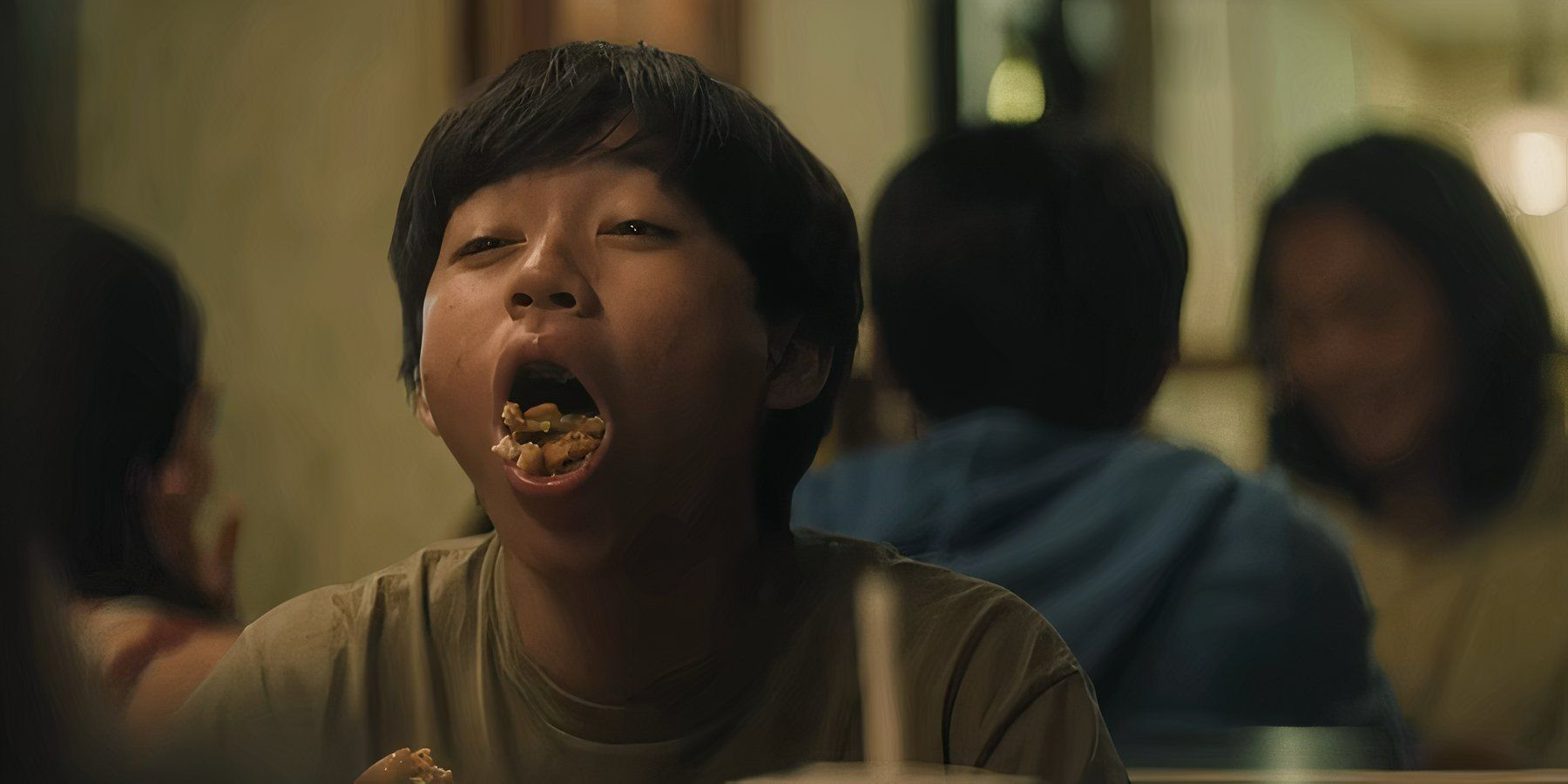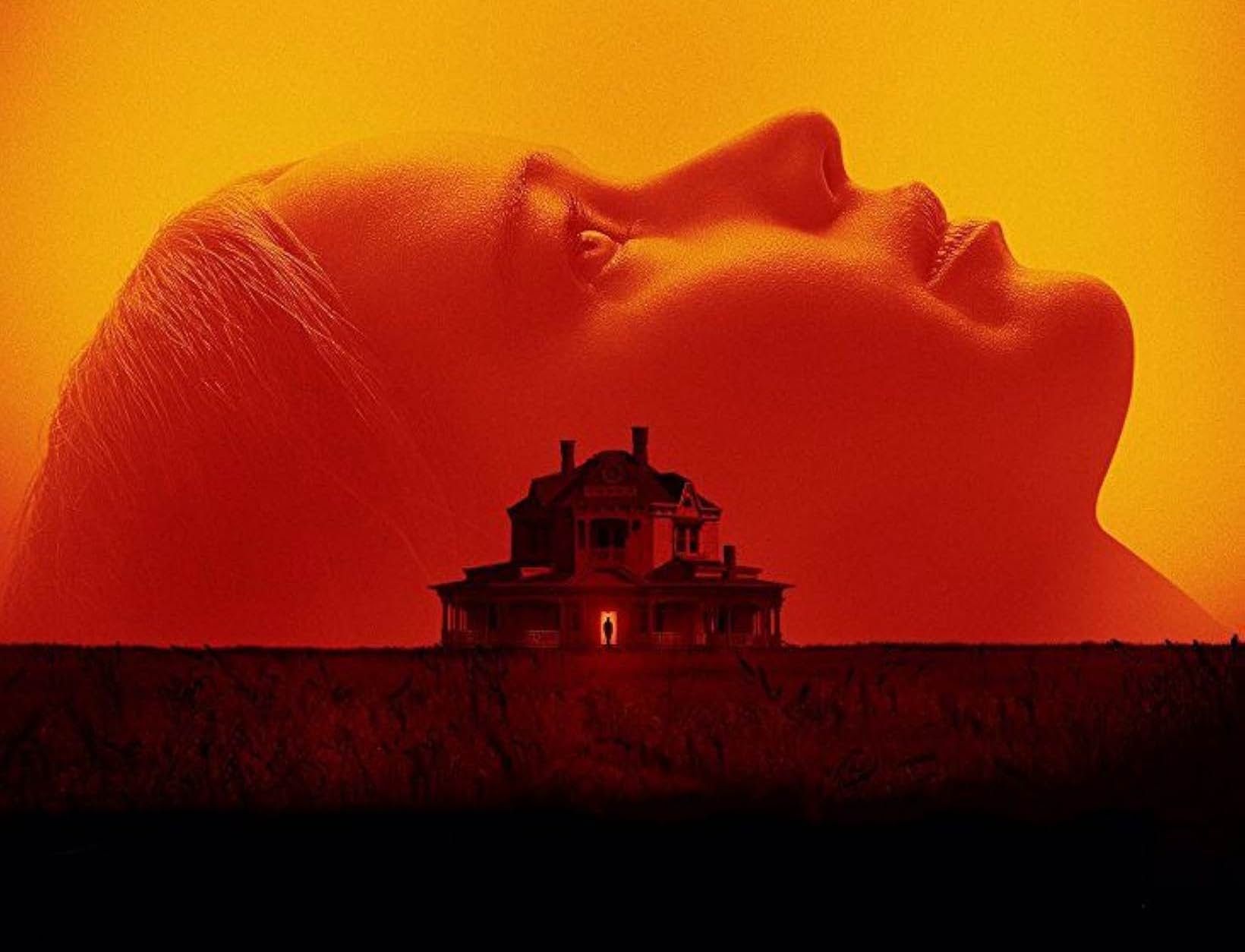My First Film Festival Experience with SGIFF
My First Film Festival Experience with SGIFF
This year saw the 35th edition of the Singapore International Film Festival (SGIFF) returning from 28 November to 8 December 2024. As someone who had been desiring the experience of a film festival for quite some time, I finally made sure to attend this year's edition, which was not only my first SGIFF experience, but my first Film Festival experience.
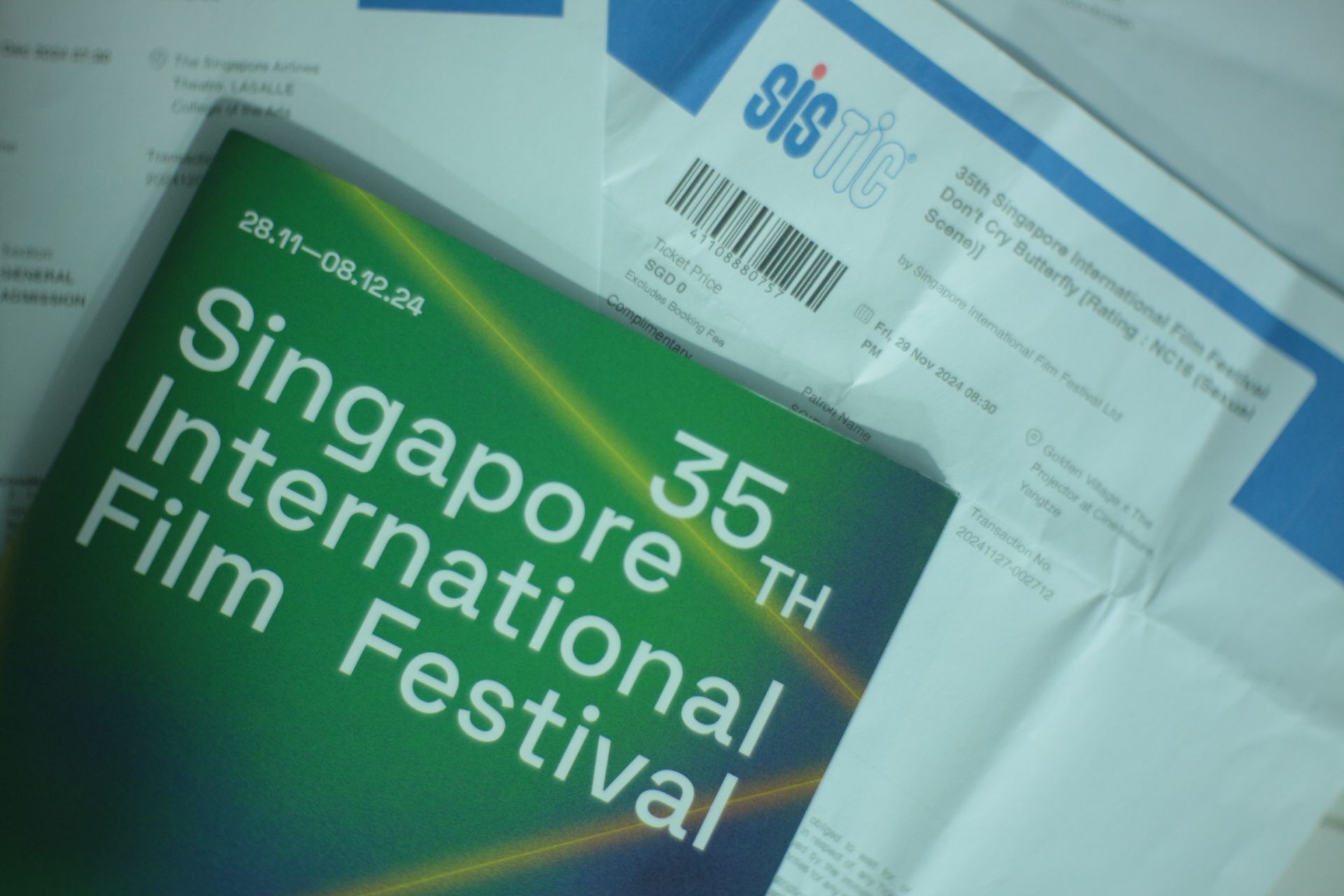
Having had a great interest in further exploring cinema, what better way was there for me to live and breathe films for a period of time than to attend a film festival? It's one of the best ways to discover new films.
Upon the release of the film schedule, I immediately drew out a plan of all the titles in the lineup I wanted to catch.
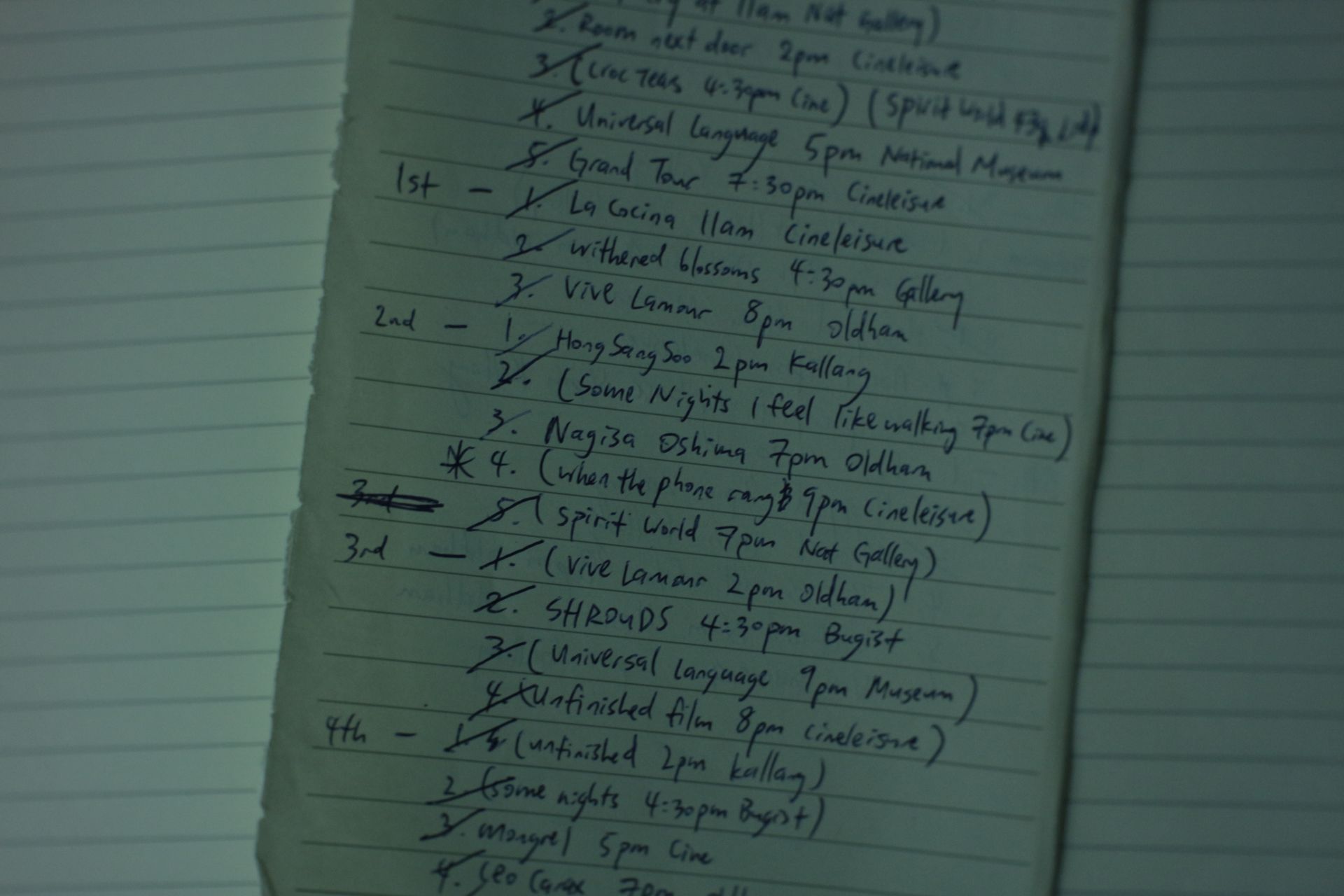
Having known SGIFF as a platform for films not usually showcased theatrically in the Singaporean mainstream cinemas, I made sure to catch the titles whose potential theatrical exhibition was uncertain.
Over the course of the year, I kept in tune with the various festival channels, and a number of films surfaced that were deemed by others – critics, programmer friends, festival juries, the online film community, etc. – worthy of attention. Examples include titles like
Universal Language, April, and Grand Tour.
It seemed obvious before the lineup was even announced that these films would get screened, so when the reveal came, they were already on my festival watchlist.
A major component in the planning – and subsequent crumbling of said plan – was the festival passes offered at this year's edition. Three passes were up for grabs: the Cinephile Pass, Industry Pass, and SGIFFriends Pass. I had the pleasure of obtaining the first two passes, which allowed me to cover the entire duration of the festival and almost all of its offerings.
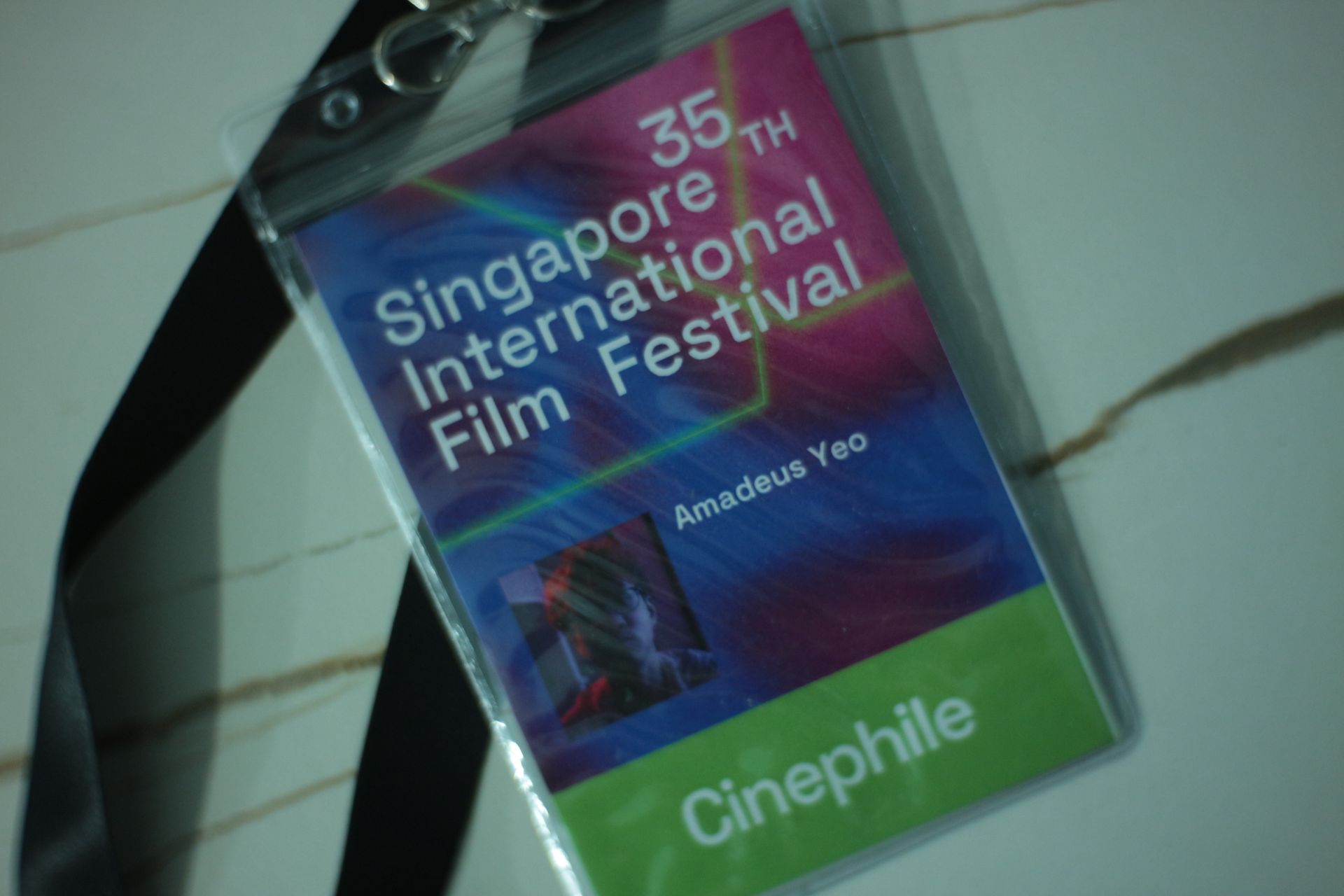
How the Cinephile Pass worked was that you'd go to a screening, and if it was not sold out, you would be able to get a ticket and enter. However, if a screening was sold out, one would be relocated to the rush queue, where the empty seats of no-show ticket-holders would then be offered up to whoever came first. The former piece of information was not properly communicated before the festival began, leaving me believing that, sold out or not, I'd have to wait for all the ticket-holders to enter before I could. Fortunately, that was proven not to be the case and I spent most of the festival entering screenings with ease.
The Cinephile Pass opened up the possibility that my plan was never set in stone until it happened; the initial schedule could shift in whichever way possible. With the unpredictability of certain screenings that sold out quickly, I opened myself up to the idea of drastically changing my viewing plan midway through the festival, which resulted in the original plan going straight out the window about two days into the festival.
This was not the only factor that influenced my embrace of spontaneity. The second pass that I had, the Industry Pass, gave me access to the Industry Days conference that took place midway through the festival. It was three days of insightful panels looking into the various areas of filmmaking that were not widely covered, at least to the best of my knowledge. Guests – international and local – were invited to speak on topics such as Hybrid Filmmaking, Film Sales, Intimacy Coordination and Sustainable Production, just to name a few. Certain topics such as Film Sales are difficult to get substantial information on outside of the industry circle, making these talks invaluable as they give you a deeper insight into the necessary functions behind the making or distribution of a film.
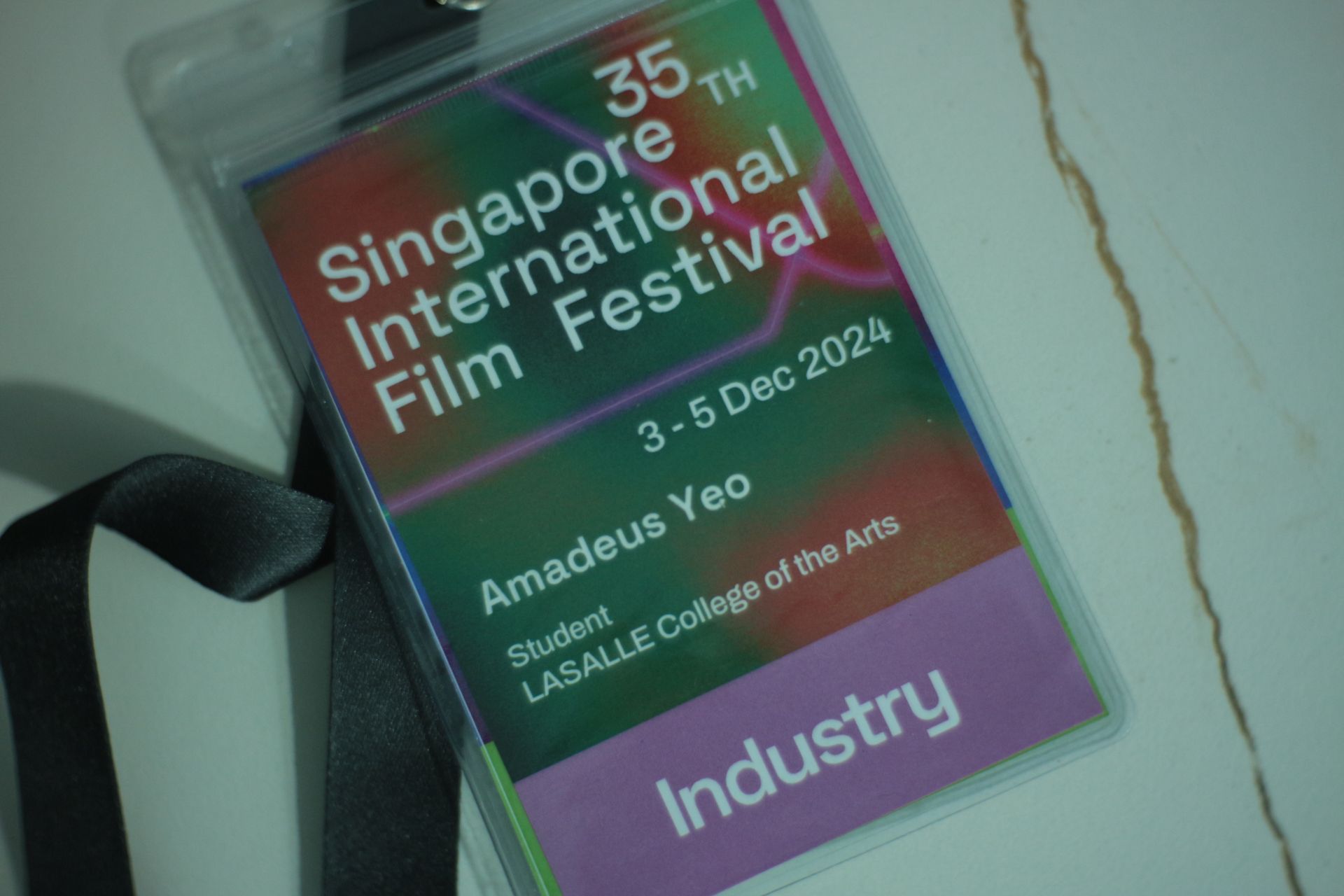
I was privileged enough to receive a free pass from my school, and was initially only going to attend the morning sessions and proceed to screenings for the rest of the day. However, instinct told me to go on for the entire duration. Thanks to the newfound flexibility of my viewing schedule, I was able to bend it to attend the conference.
The panels were not the only benefits of the conference. There were plenty of opportunities for networking and socialising with fellow filmmakers. I met producers, directors, sound designers, and more faces in the local film industry. It was a boost of confidence and inspiration to continue making films. All of this culminated in the final closing night of the conference, where I managed to make friends with the crew members of
Some Nights I Feel Like Walking, a Philippine film that was part of the official selection.
The Industry Pass also allowed me to attend the festival's 'In Conversation' talks, where revered guests from around the world would discuss their bodies of work. Some big names this year included Lee Kang-sheng, Yang Kuei-mei, Jafar Panahi and Lou Ye. It provided a rare chance to meet some of my filmmaking heroes in person and listen to them.
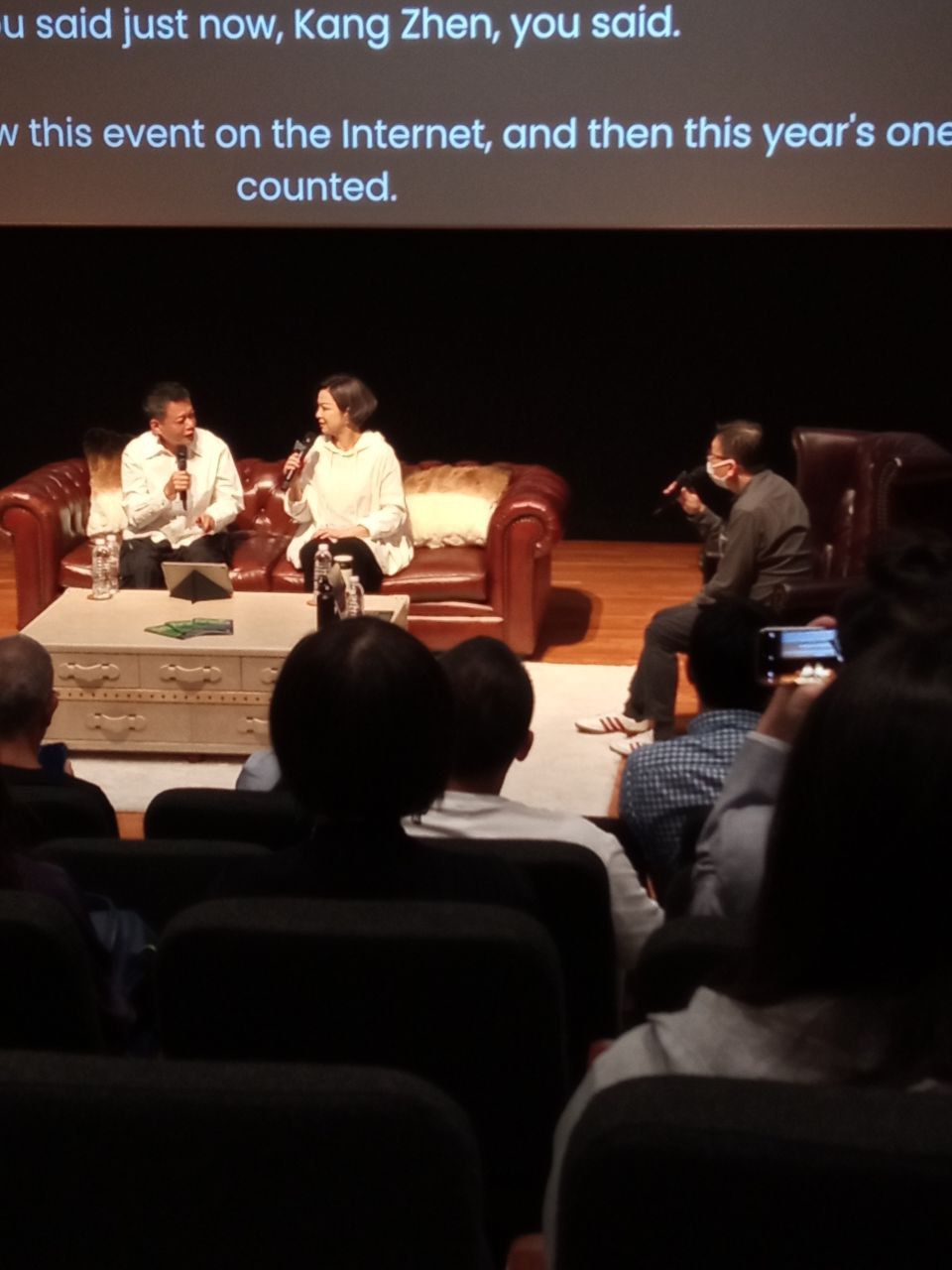
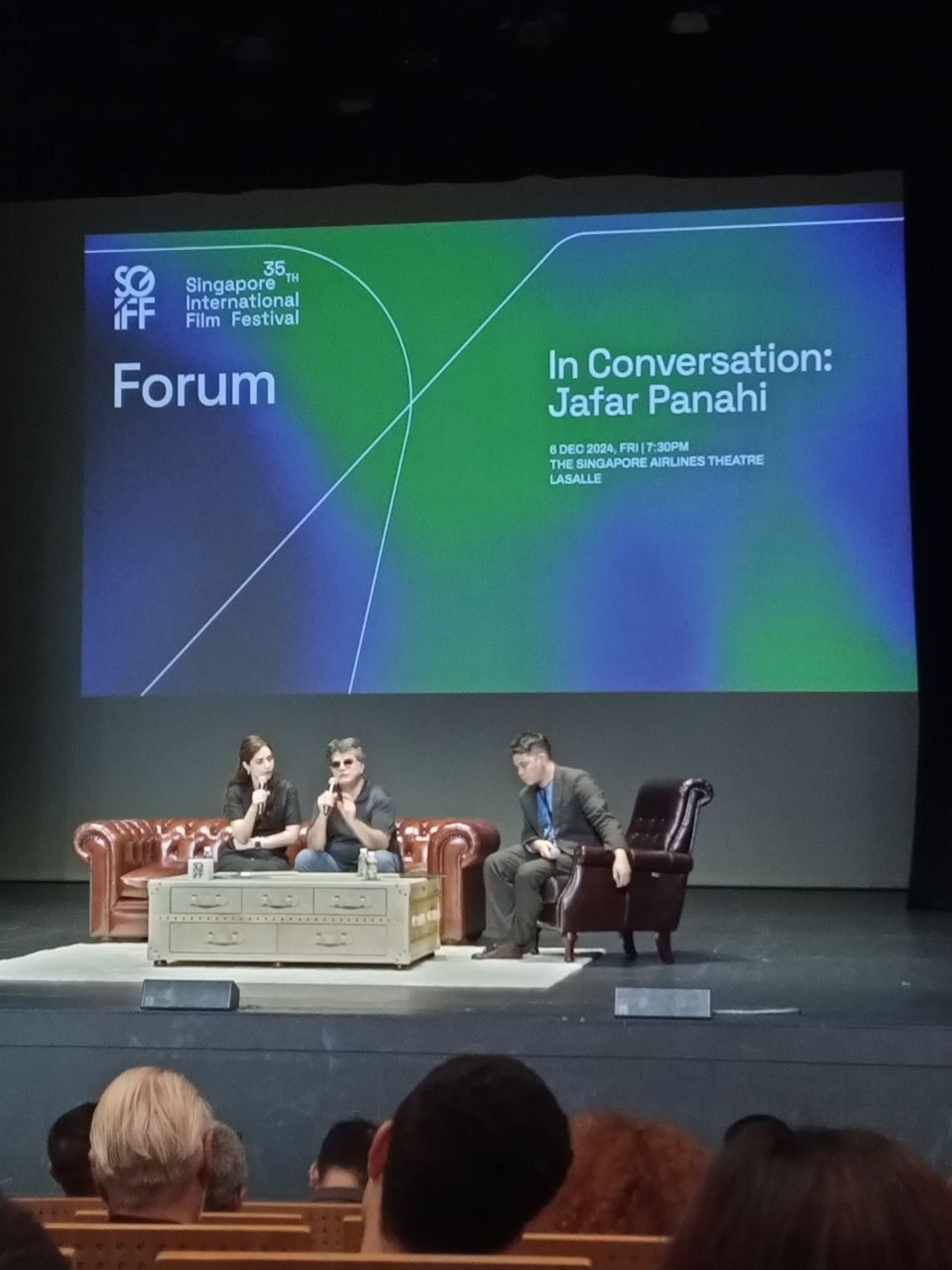
One of the greatest gifts one could receive from attending a film festival would be the ability to discover undermentioned gems from around the world, new or old. My personal standouts were Don't You Let Me Go (dirs. Ana Guevara, Leticia Jorge) from Uruguay, and The Dupes (dir. Tawfiq Saleh) from Syria.
It goes without saying that such titles do not have a mainstream platform, though having played at well-regarded festivals.
Don't You Let Me Go, for example, slipped under the radar, only playing at the Tribeca Film Festival and a handful of others that do not have the same reach as the former. In the case of
The Dupes, a film from 1972 without any information available online,it was almost as good as a piece of rediscovered cinema. I only caught these titles midway through the festival while trying to fill in the empty pockets of time in my schedule, and I was very glad to have done so.
Festival sections like the Undercurrent section made for some highlights, one of which was a Polish experimental short film
Grandmamauntsistercat that repurposed and remixed archival communist propaganda into something new. Titles like these would not have been heard of within this circle if not for the platform provided by SGIFF.
Ultimately, this year's experience was a fantastic eye-opener into the world of film festivals for me. Amidst the rush and overwhelming nature of it all, there were many great lessons learned and memorable experiences and friendships forged.
Looking forward to the next edition!
----------------------------
About the author: Amadeus is a filmmaker who has loved cinema as far back as he could remember. Most of his time is spent in theatres, otherwise he is writing about the films playing in them.
This review is published as part of *SCAPE’s Film Critics Lab: A Writing Mentorship Programme, with support from Singapore Film Society.

